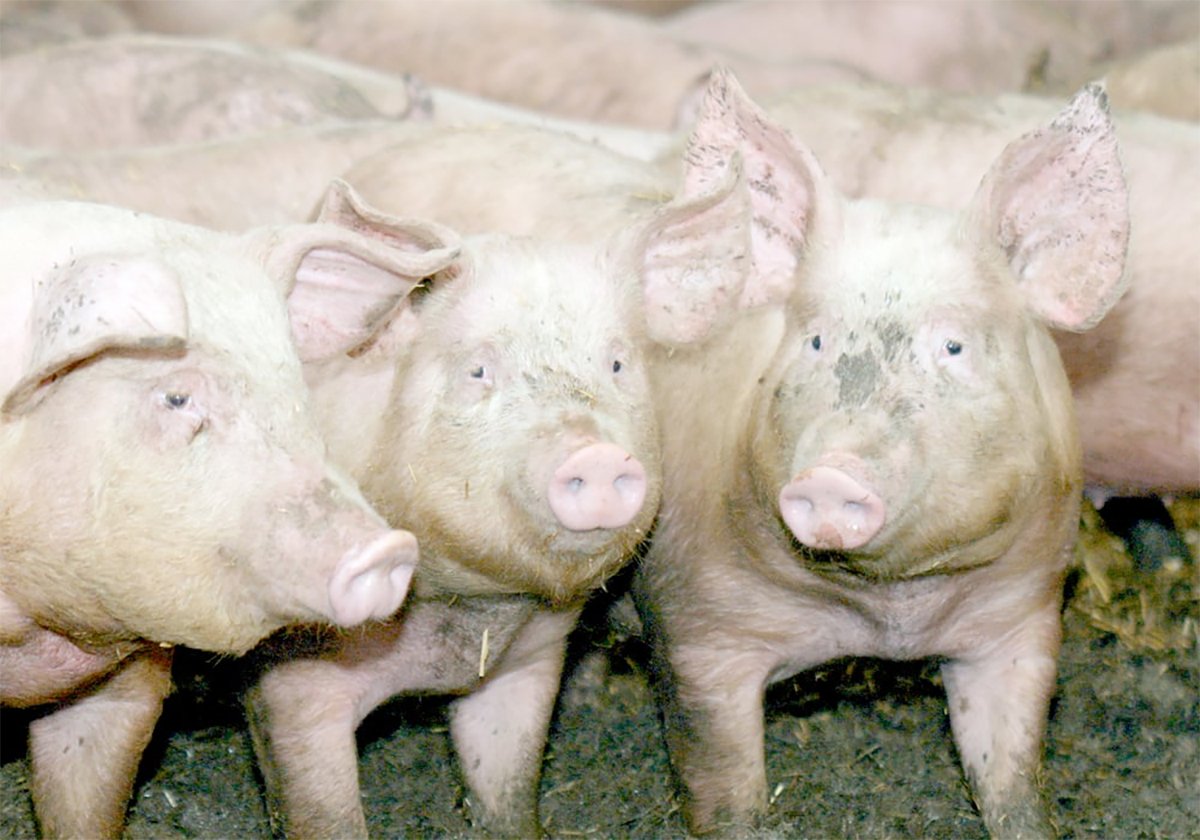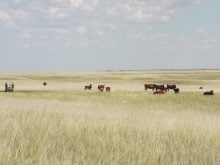Groups say producers should know what will happen in case they become sick and are unable to care for their livestock
Animal welfare groups are urging livestock producers to have a plan for animal care during COVID-19.
Don Ferguson, who heads Animal Protection Services of Saskatchewan, said the pandemic could affect operations on individual farms and ranches if producers fall ill.
“Producers should be planning to have feed in supply for 21 days and have a family member, neighbour or other arrangements for a caretaker should they become hospitalized and unable to care for their livestock,” he said.
Ferguson said leaving a copy of this plan available for first responders or animal protection officers who respond to a complaint of abandoned animals is a good idea.
Read Also

The Western Producer Livestock Report – October 2, 2025
Western Producer Livestock Report for October 2, 2025. See U.S. & Canadian hog prices, Canadian bison & lamb market data and sale insight.
Saskatchewan’s legislation defines abandoned animals as any animal left uncared for due to the arrest, hospitalization or death of the person responsible for that animal.
“APSS doesn’t want to be in a position where under the act we are having to seize animals unnecessarily, particularly if you have an isolated producer with no next of kin,” he said.
Leaving instructions and a copy of the plan could prevent that.
Various organizations have posted COVID-19 preparedness information on their websites. For example, Alberta Farm Animal Care has information for cattle, hogs, horses, sheep and poultry.
Alberta Pork, for instance, recommends that if a producer is diagnosed with the virus or has symptoms that could be COVID-19, the producer should avoid close contact with the animals and have another person care for them if possible.
There is no current evidence that people can infect domestic livestock or that livestock can be a source of infection, but that could change.
Frequent hand washing and protective gear such as gloves, masks and gowns should be part of operations. Work stations should be disinfected often, and clothing worn as protective gear should stay at work and not be taken home.
In Alberta, the SPCA has launched a program called Help For Animals, said communications manager Dan Kobe.
The program offers help to producers who are having difficulty feeding their animals.
“We encourage all owners to have a plan in place for someone to have permission to go into their property to conduct the actual feeding as we can only offer food,” he said.
“We cannot care for the animals ourselves unless we are seizing them.”
The Alberta program is available for all animals, including pets, and in all areas outside of Calgary and Edmonton.
The Canadian Food Inspection Agency has also published a list of precautionary measures for livestock producers, including a recommendation to have a business continuity plan.
Producers should follow normal biosecurity measures and limit who is on their premises, especially people who have travelled, are ill or been in contact with a confirmed or suspected case.
Those who are sick or self-isolating should have someone else care for their livestock.

















